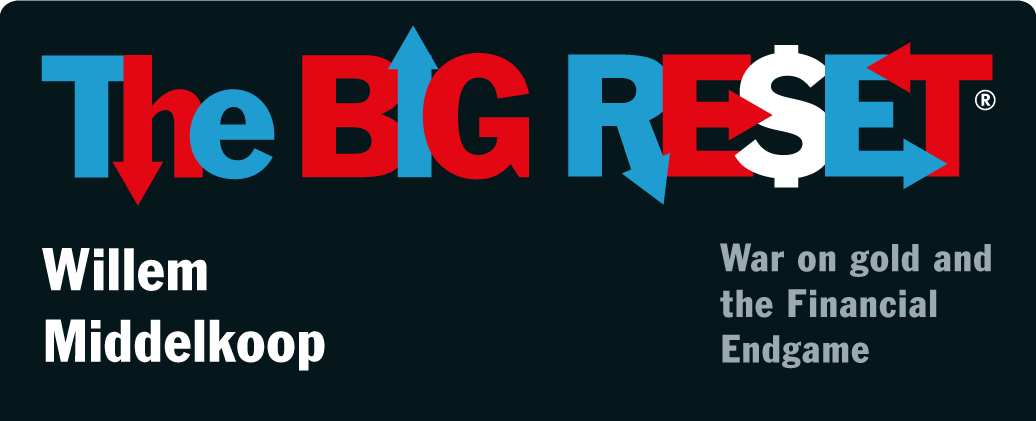Saxo bank: ‘Endgame for Central Bankers’
He then continues with the answer;
‘Major centrals banks claim to be independent, but they are all ultimately under the control of politicians. Many developed countries have tried to anchor an independent central bank to offset pressure from politicians and that’s well and good in principle until an economy or the effects of a monetary policy decision beginning spinning out of control. At zero bound for growth and for interest rates, politicians and central banks switch to survival mode, where rules are bent or even broken to fit an agenda of buying more time. Just look at the Eurozone crisis over the past eight years: every single criterion of the EU treaty has been violated, in spirit of not strictly according to the letter of the law, all for the overarching aim of “keeping the show on the road”. No, the conclusion has to be that are no independent central banks anywhere! There are some who pretend to be, but none operates in a political vacuum. That’s the reality of the moment…
Studies show that the business cycle was less volatile before the Federal Reserve was born. The presence of the Fed means that the implicit backing of the Fed allows excess leverage (gearing), and this has resulted in bigger and bigger collapses in financial markets as each collapse triggers yet another central bank “put” that then enables the next bubble to inflate. And the trend of major crashes has been increasing in frequency: 1987 stock crash, 1992 ERM crisis, 1994 Mexico “Tequila crisis”, 1998 Asian crisis and Russian default, 2000 NASDAQ bubble, 2008 stock market crash, and now 2015 SNB, ECB QE, Russia and China, which will lead to what? I don’t know, but clearly the world of finance and the flow of money is increasing in velocity, meaning considerable more volatility…
Where does this all bring me? The SNB was really the culmination of bigger and bigger moves at the end of a low volatility paradigm. I have been trading currencies for more than 30 years, Thursday’s move was single biggest move I have experienced in one market …
When history is written on 2015, I have no doubt that the Paris terror act and SNB removal of the floor will stand out – both happened less than two weeks into 2015, although that is random, what is not random is that the market volatility has been rising directly and non-directly through a misallocation of capital directed by the central bank system.
Many central (banks) will envy SNB for its move last week, as they at least try to regain some control of their destiny, but the conclusion remains: as a group, central banks have lost credibility and when the ECB starts QE this week, the beginning of the end for central banks will be well under way. They are running out of time – that’s the real real bottom line: SNB ran out of time, ECB runs out of time this week, and Fed/BOJ and BOE ran out of time in 2014.
What comes now is a new reality – the SNB move was a true paradigm shift – we can no longer look at central banks, the markets and policies of extend-and-pretend in the same light as we did last Wednesday (the day before the SNB move).’

